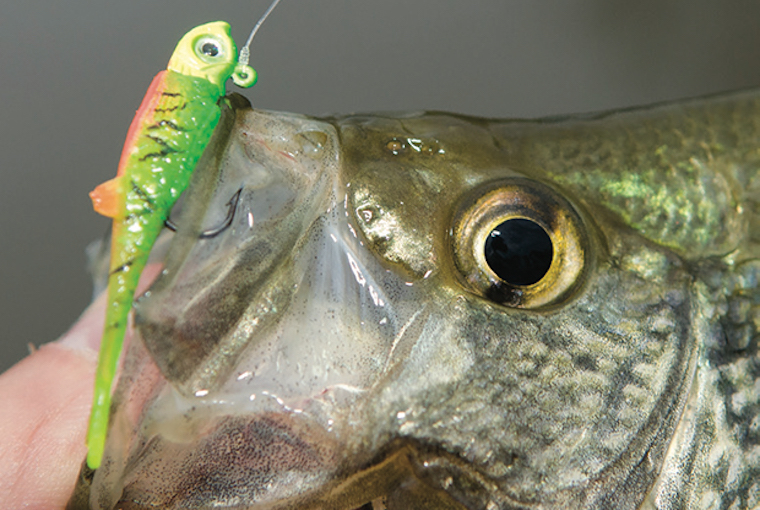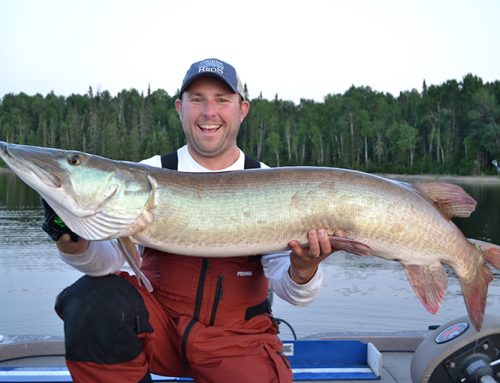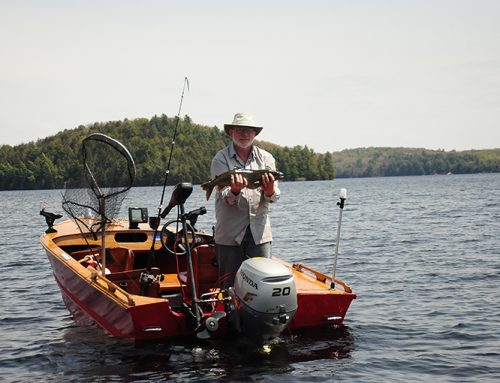
Pink, orange, and chartreuse beads or spawn bags have caught countless trout and salmon in Ontario, but blue might be a better colour in some parts of the province. According to research conducted at the Czech University of Life Sciences (CULS) in Prague and published in The Journal of Experimental Biology, brown trout can become addicted to low levels of methamphetamine occurring in their surroundings.
Pharmaceutical contaminants
CULS Researcher Pavel Horký was already aware that many of the prescription drugs we consume and excrete end up washing into our water systems since current effluent treatment isn’t equipped to deal with them. For example, drugs such as Prozac have been shown to embolden fish and alter their behaviour. This led Horký’s research team to investigate if pharmaceutical pollution is limited to prescribed medication, since illegal drugs can also accumulate in our waterways.
“Whether illicit drugs alter fish behaviour at levels increasingly observed in surface water bodies was unclear,” he said.
So, he and his team decided to discover whether brown trout are at risk of addiction to methamphetamine in their waterways.
To do so, they isolated brown trout in a tank of water laced with one microgram per litre of methamphetamine (a level that has been found in freshwater rivers) for eight weeks. After that they transferred the fish to a freshwater tank with an inflowing line. For the next 10 days researchers alternated the inflow between pure water and water containing methamphetamine, hypothesizing that if the fish had become addicted to the low levels of methamphetamine, they would experience withdrawal and seek the drug when it was available.
Unexpected pressures anticipated
The team concluded that trout which had spent 10 months in methamphetamine-contaminated water became addicted, actively seeking the water containing the drug during the first four days after moving to freshwater. In addition, addicted fish were less active than trout that were never exposed to the drug, and residual levels of the drug were observed in fish brains up to 10 days after the methamphetamine was withdrawn.
Horký is concerned that drug addiction could drive fish to congregate near unhealthy water treatment discharges in search of a fix. “The elicitation of drug addiction in wild fish could represent another example of unexpected pressure on species living in urban environments,” he suggests.






Leave A Comment